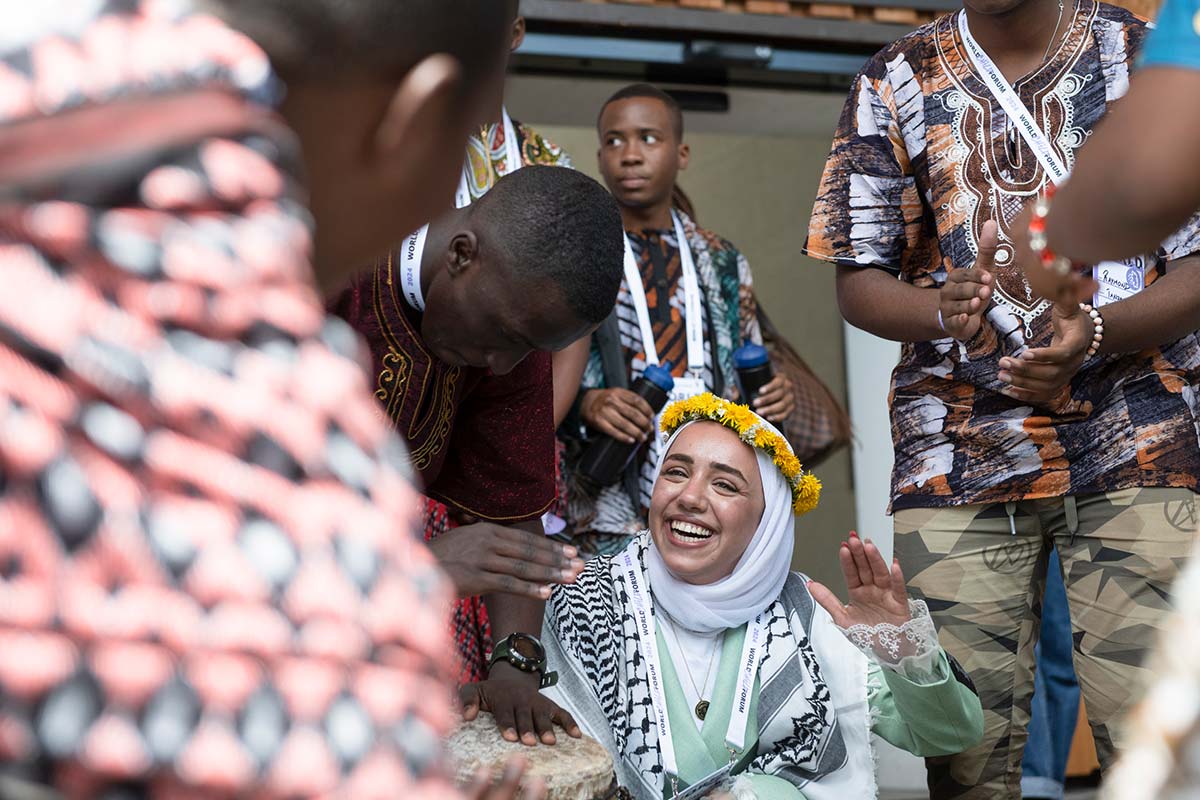
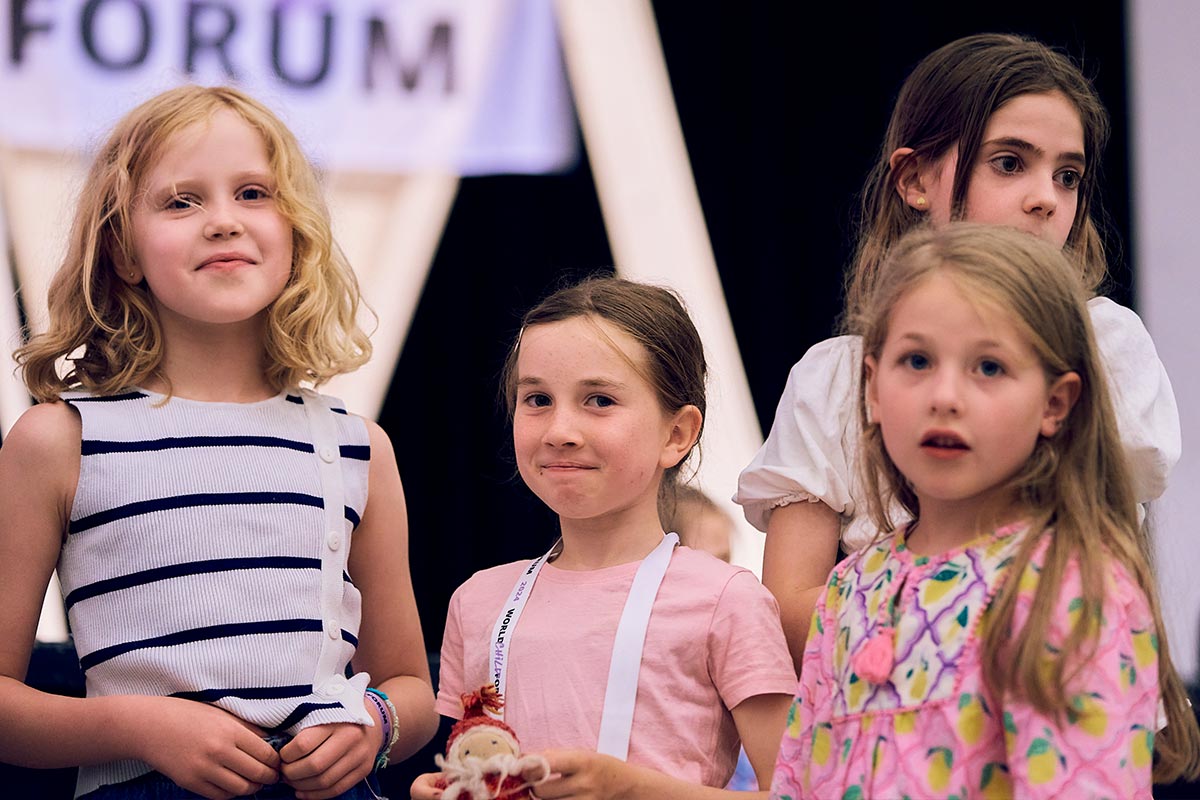
We are convinced that local, regional and global decisions about the future will be better and more sustainable if they are made not only by responsible adults, …
… but also with the involvement of children and young people and their unbiased perspective.
The unavailable. The unprejudiced. The unbiased. What children naturally possess in their way of looking at the world is something that adults have to learn again without any alternative. To perceive it as relevant, to make it accessible for their decisions, to cultivate it. Children‘s consciousness is a criminally neglected resource at almost all global decision-making levels – not in the sense of a generator of answers, but of a paradigm shift. A different, unprejudiced perception of the world and people, which inevitably leads to completely different priorities than the current ones, different interests, different questions. Questions that initiate processes that are demanding and require unconditional commitment. Reflection on the part of previous decision-making bodies and the ability to accept that their own worldviews are largely exhausted and are no longer or only of limited use. As well as the willingness to break with habits, to make an effort and to be courageous. Processes that will fundamentally and positively change our society and our lives worldwide. This is what we believe in.
We encourage and empower children and young people worldwide to develop and communicate their own visions and concepts for a future …
… worth living. To this end, we provide a neutral and secure platform, initiate and support the formation of appropriate networks and the planning and realization of local, regional or national projects.
The World Child Forum (WCF) is a complementary event to the World Economic Forum (WEF) in Davos. At the same place. In the same rooms. With the same social relevance.
Nonetheless, the format and the view of the future are different. This is because the WCF participants view the future from the perspective and with the unadulterated potential of children and young people – the adults of tomorrow.
The fundamental concern and core task of the WCF is the year-round, worldwide search for and networking of ‚Scouts for Success‘. To this end, the WCF generates its own or uses already established international partnership structures to ensure that children and young people are accompanied and supported in their national, regional or local projects. The aim is always to generate, identify and report on success stories.
The annual WCF Summit in Davos therefore brings together the broadest possible spectrum of players and projects on an open ‚platform of radical neutrality‘ – as a basis for their exchange and the consequent creation of complementary, non-restrictive concepts for the future.
The results of the WCF thus serve both as an appeal to the WEF and as an impetus to abandon patinated ways of thinking and to listen to the real players of the future and involve them early and uncompromisingly in decision-making processes relevant to the future.
With the World Child Forum, we are creating an open, neutral platform for direct encounters between children and young people worldwide and their …
… visionary exchange on future issues, while at the same time ensuring that the participatory concepts developed within this framework and the resulting concrete demands are heard and recognized by the public, the press and political decision-making bodies.
The World Child Forum (WCF) offers young people around the world a unique platform to discuss future issues from the perspective of those affected in the long term and with a consistent openness to what is feasible, and to influence the decisions of the World Economic Forum (WEF), which to date have been dominated by geopolitics and economic policy, with a different, optimistic vision of the future.
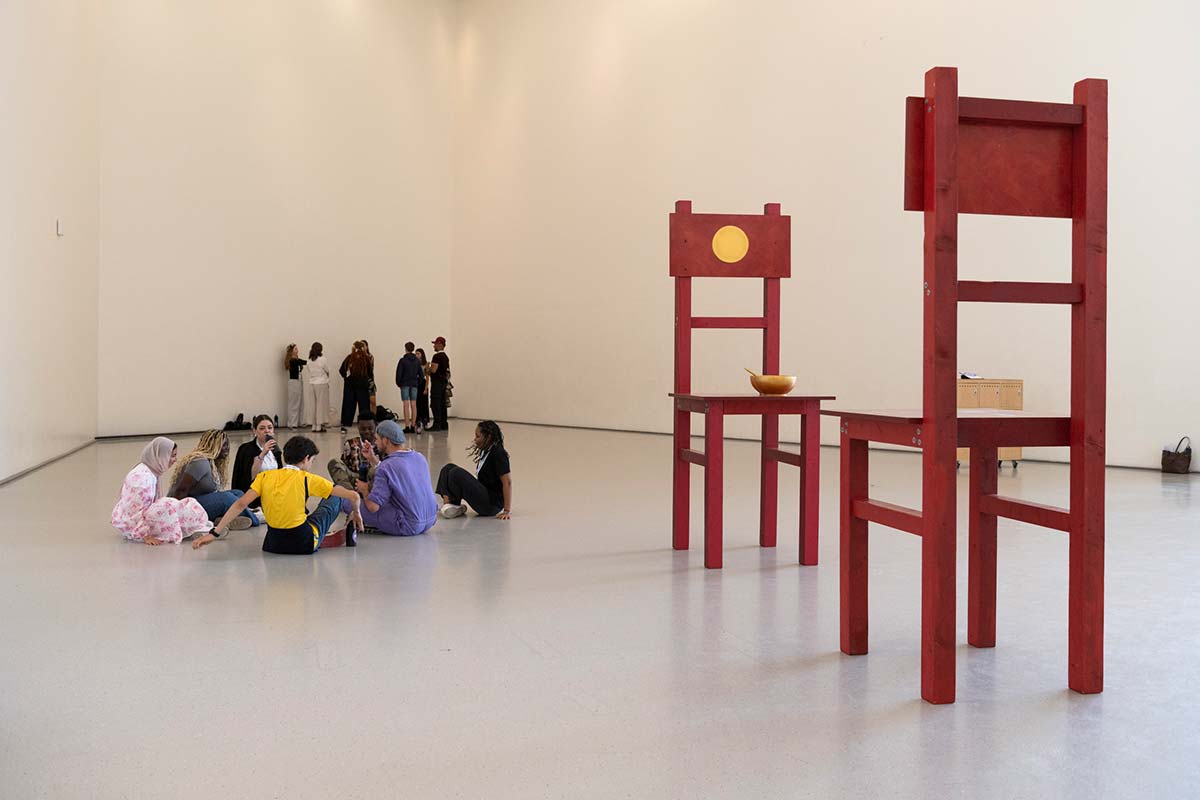
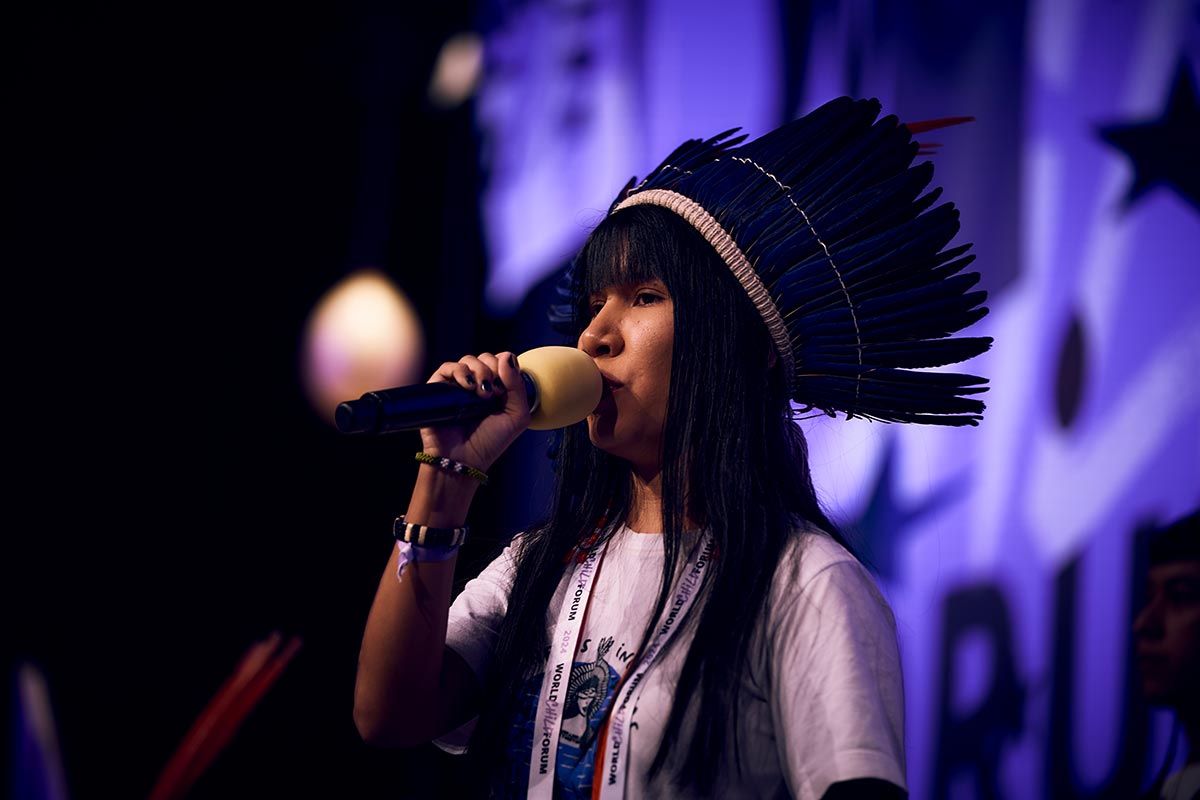
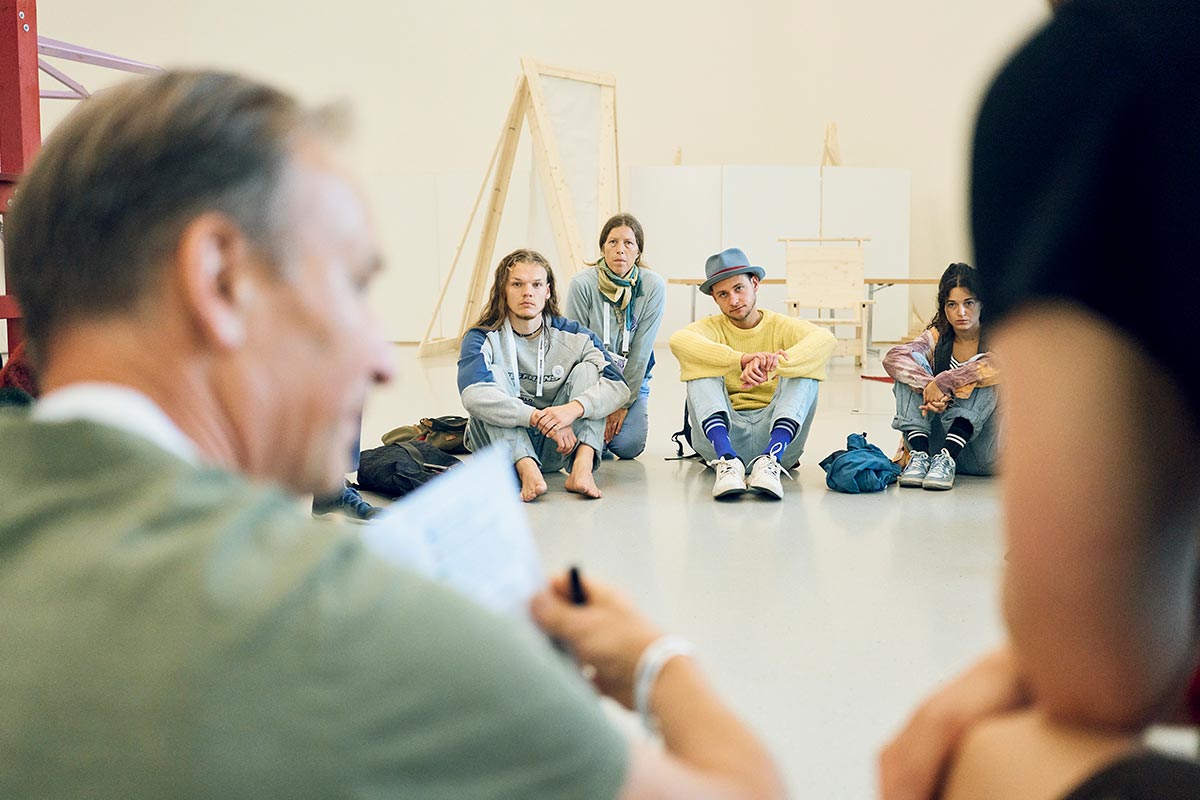
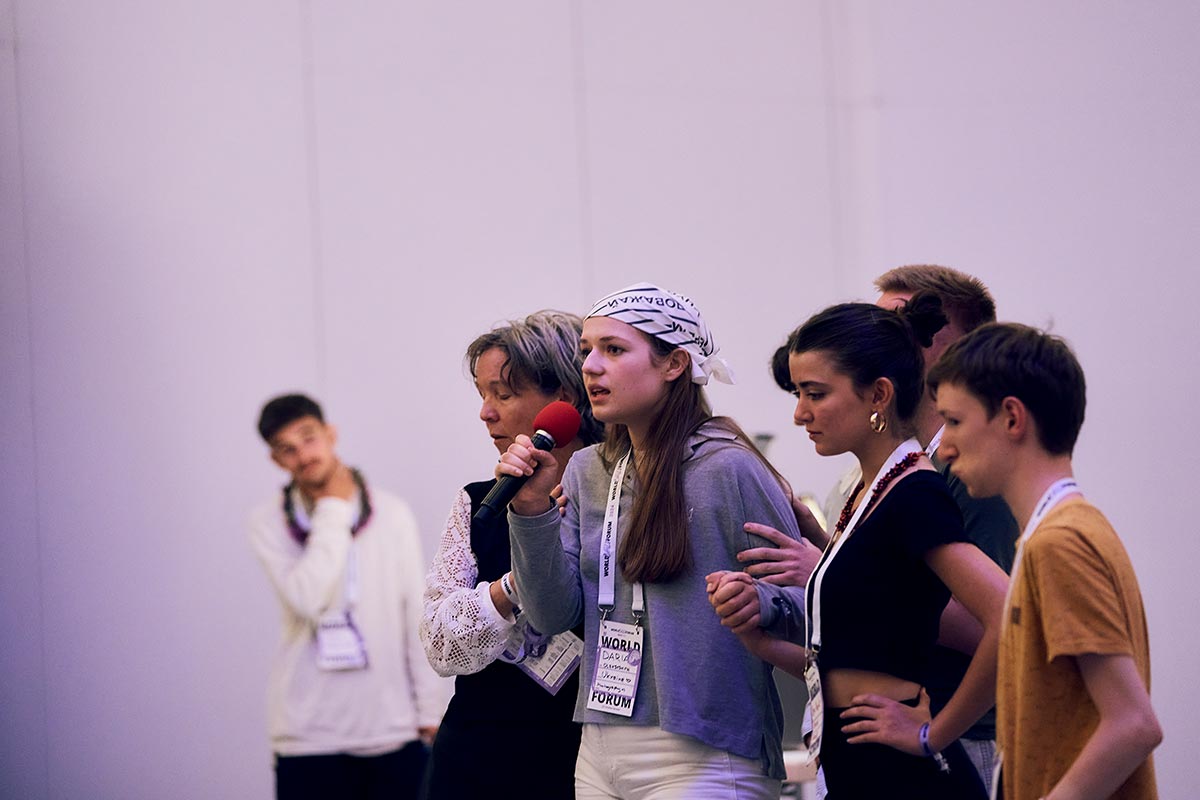
The World Child Forum 2026 in Davos will be an international forum with a participatory platform to further develop the long-term strategy of the World Child Forum until 2035. In addition, urgent current questions from the field of child perfection will be answered in a laboratory setting and presented to the public.
After two successful and very different forums, it is now time to evaluate these (here we are also relying on the evaluation of the ISFAR Institute from St. Gallen) and to develop the basic structure of the WCF in a participatory process so that it can act and ultimately cooperate on an equal footing with the WEF in the future.
What is your question for the world?
Why do you want to come to the World Child Forum?
Get in touch with us:
event@world-child-forum.org
Introduce your project and send us an email or a video (1 min) to
No matter if you are a participant or not, no matter how old you are – if you have any questions you may wanna ask, please send an email to
Everyone is welcome to send us questions in advance, regardless of whether you want to participate or not.
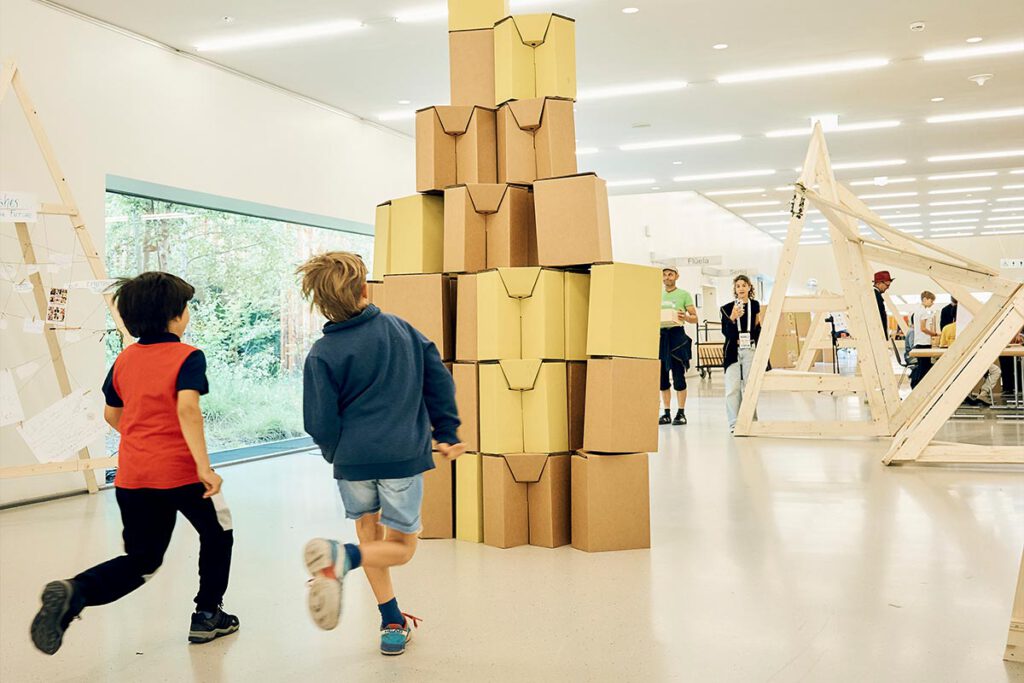
At WCF26, the focus is on the quality of the event design and the overall strategy, not on quantity and reaching as many people as possible. This is what we are aiming for from 2027.
The aim is to invite a maximally diverse and international group of participants, as well as experts, strategic partners and donors, in order to apply the child’s eye method in a model way.
Around 100 children, youth and adults aged 0 to 99 years from around the world will be invited to participate in WCF26. They will be a mix of young international change-makers, exemplary and successful projects, experts and practitioners from the fields of education, politics, business and culture, and representatives of potential donor and partner organizations.
The WCF26 will not be an international children‘s or youth gathering that primarily serves the purpose of bringing together and connecting young people from around the world.
The WCF26 will be managed, organized and implemented by a group of about 10 to 15 people, currently mostly on a voluntary basis. This core team is coordinated by the WCF Coordination Office, which currently consists of three people.
The current donors of the World Child Forum include foundations such as the Rosa & Bernhard Merz-Foundation, the Software-Foundation, the Schöpflin-Foundation, the dm-Foundation and the Mahle- Foundation. The current strategic partners of the World Child Forum are international organizations such as Save the Children, Terre des hommes, UNICEF and SOS Children‘s Villages, Combatants for Peace, as well as the World Ethics Forum.
To bring the World Child Forum to the right “cruising altitude”, it is now necessary to transition from a voluntary to a professional structure. The scope and complexity of the project requires a team and work structure that is internationally established and can work quickly and efficiently.
To bring the World Child Forum to the right “cruising altitude”, it is now necessary to transition from a voluntary to a professional structure. The scope and complexity of the project requires a team and work structure that is internationally established and can work quickly and efficiently.
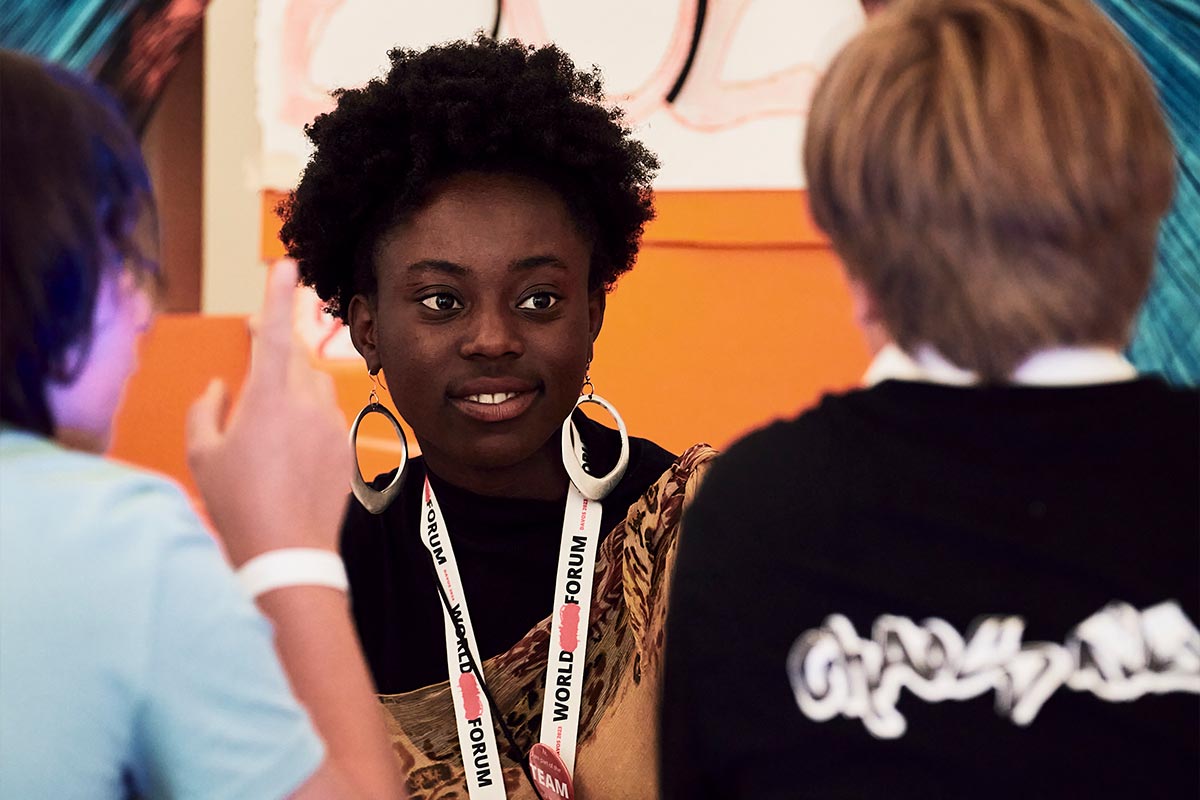
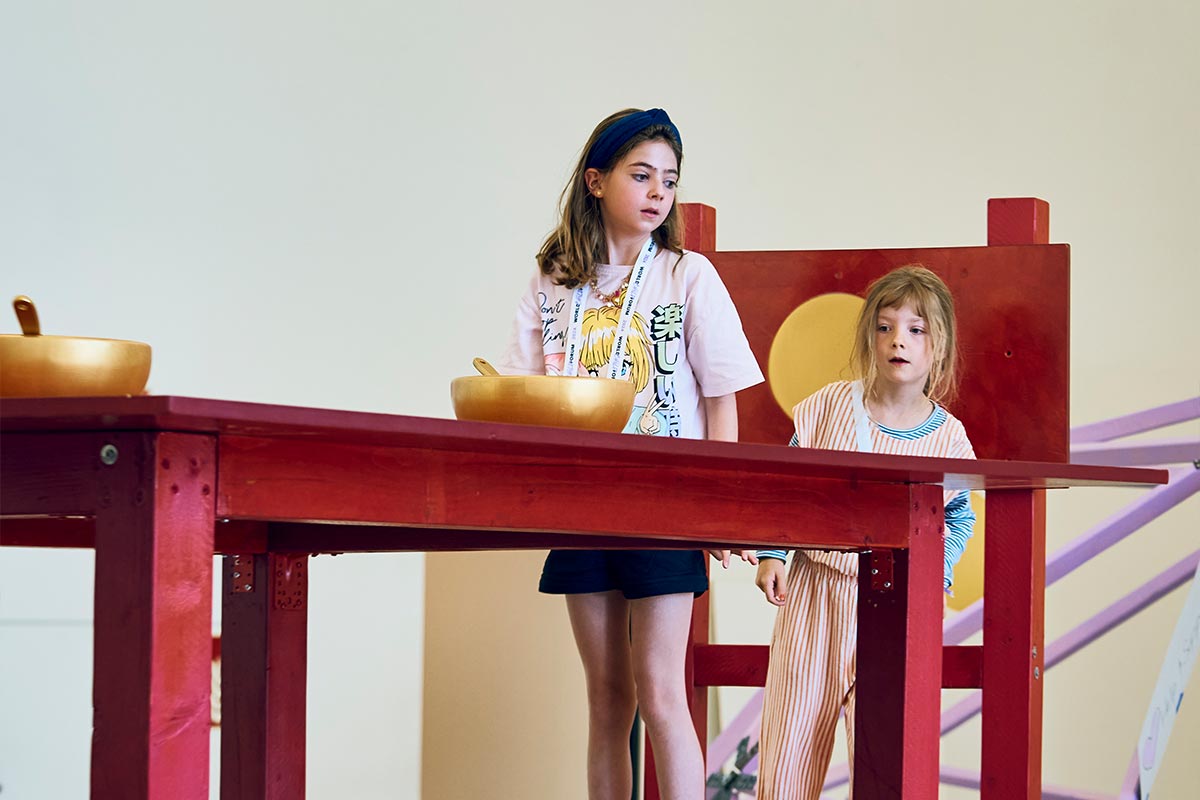
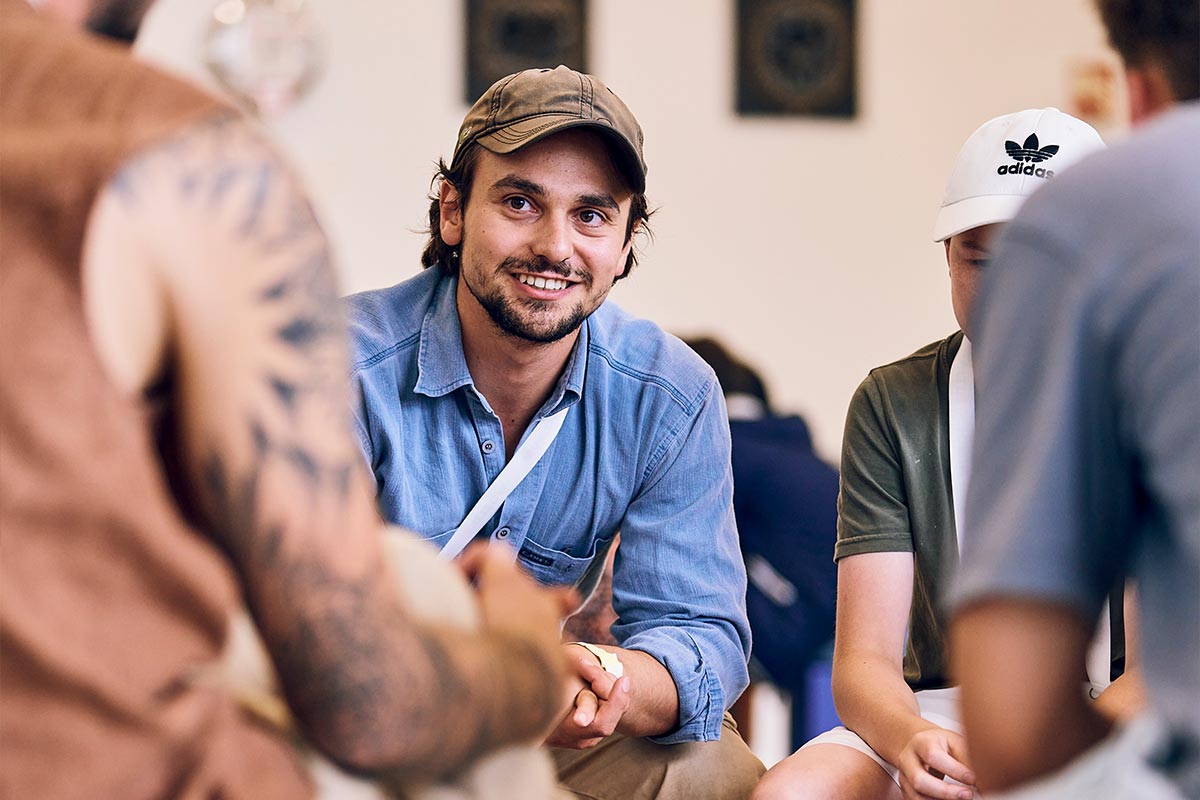
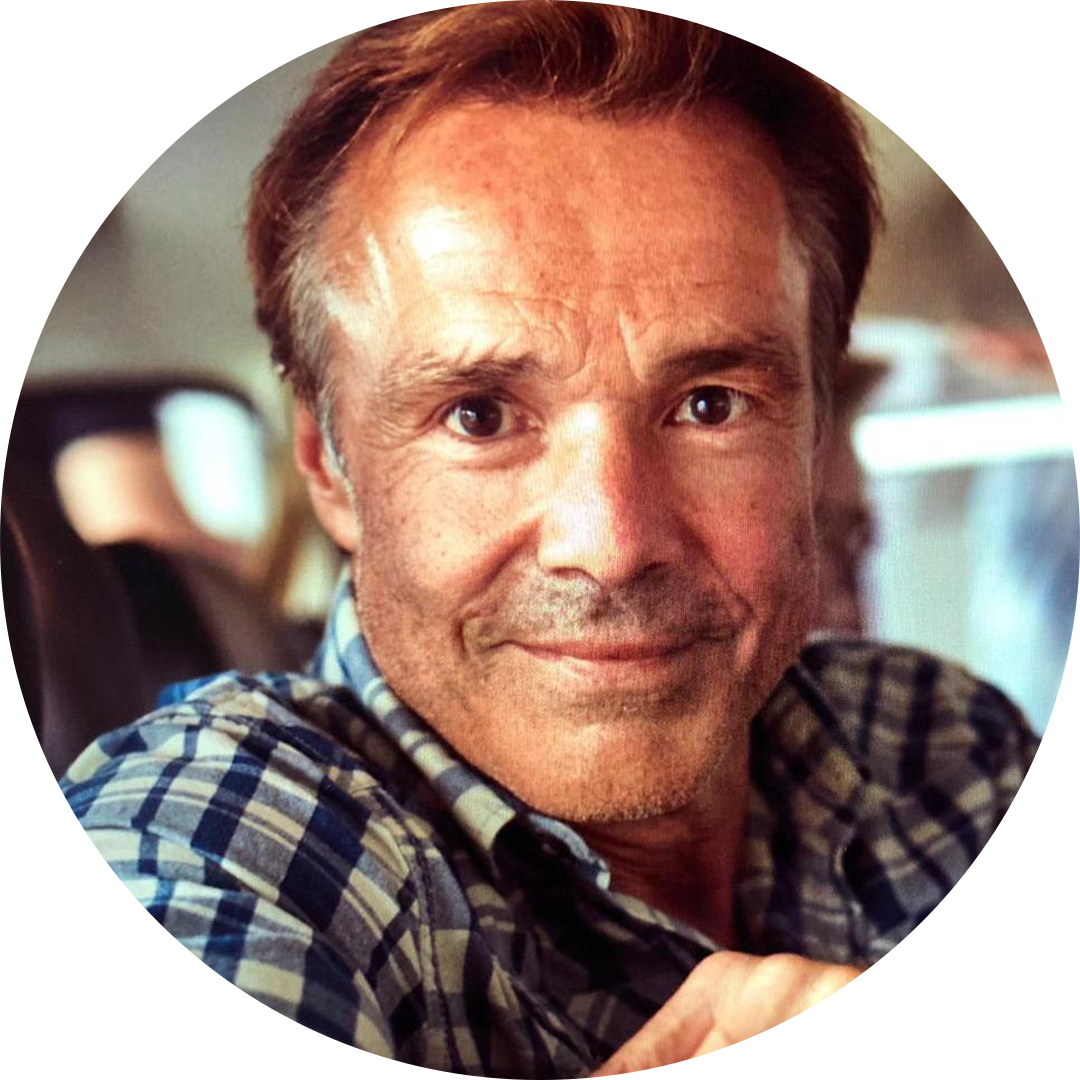
Actor, environmental activist, producer
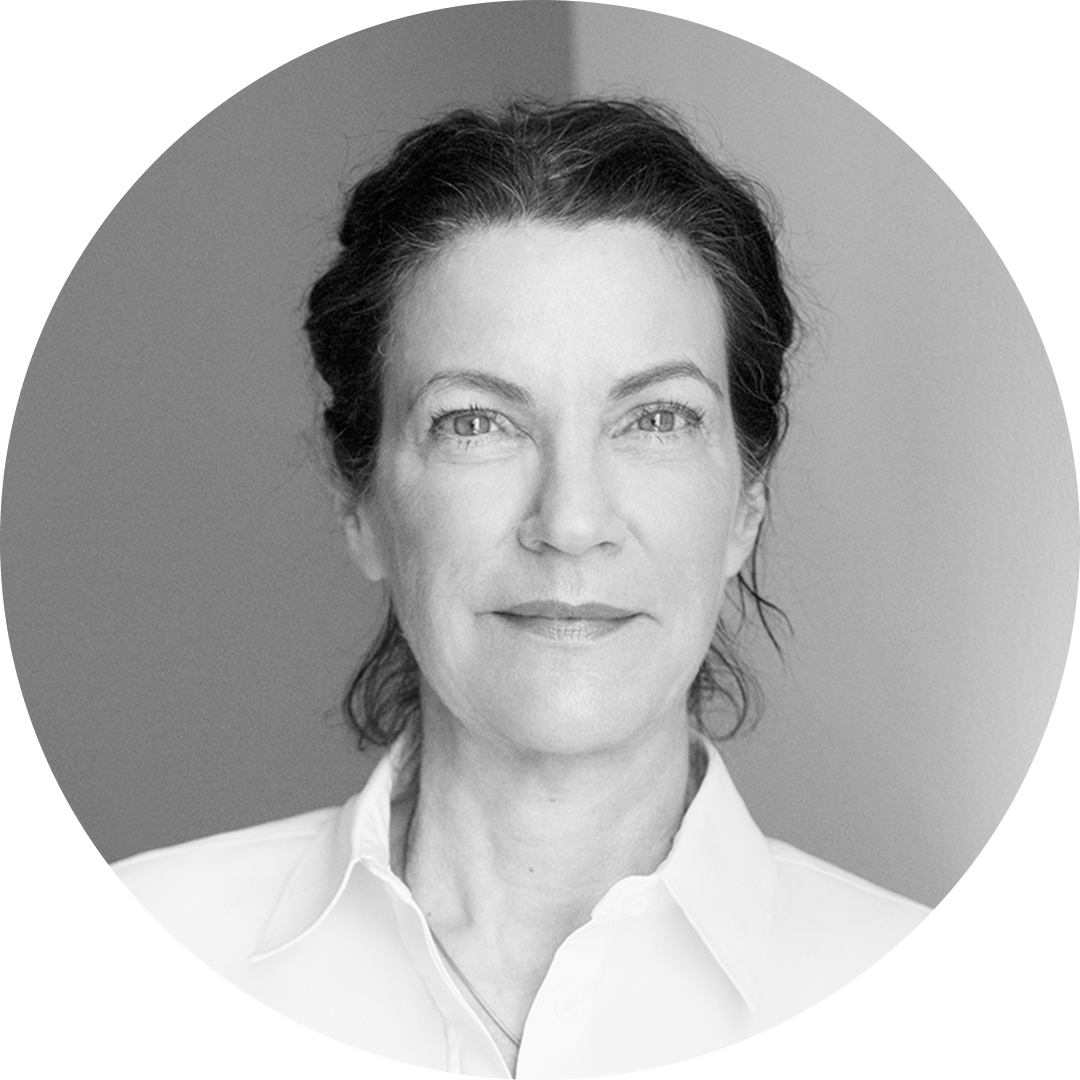
Editor-in-Chief „brand eins“

Mayor of Davos
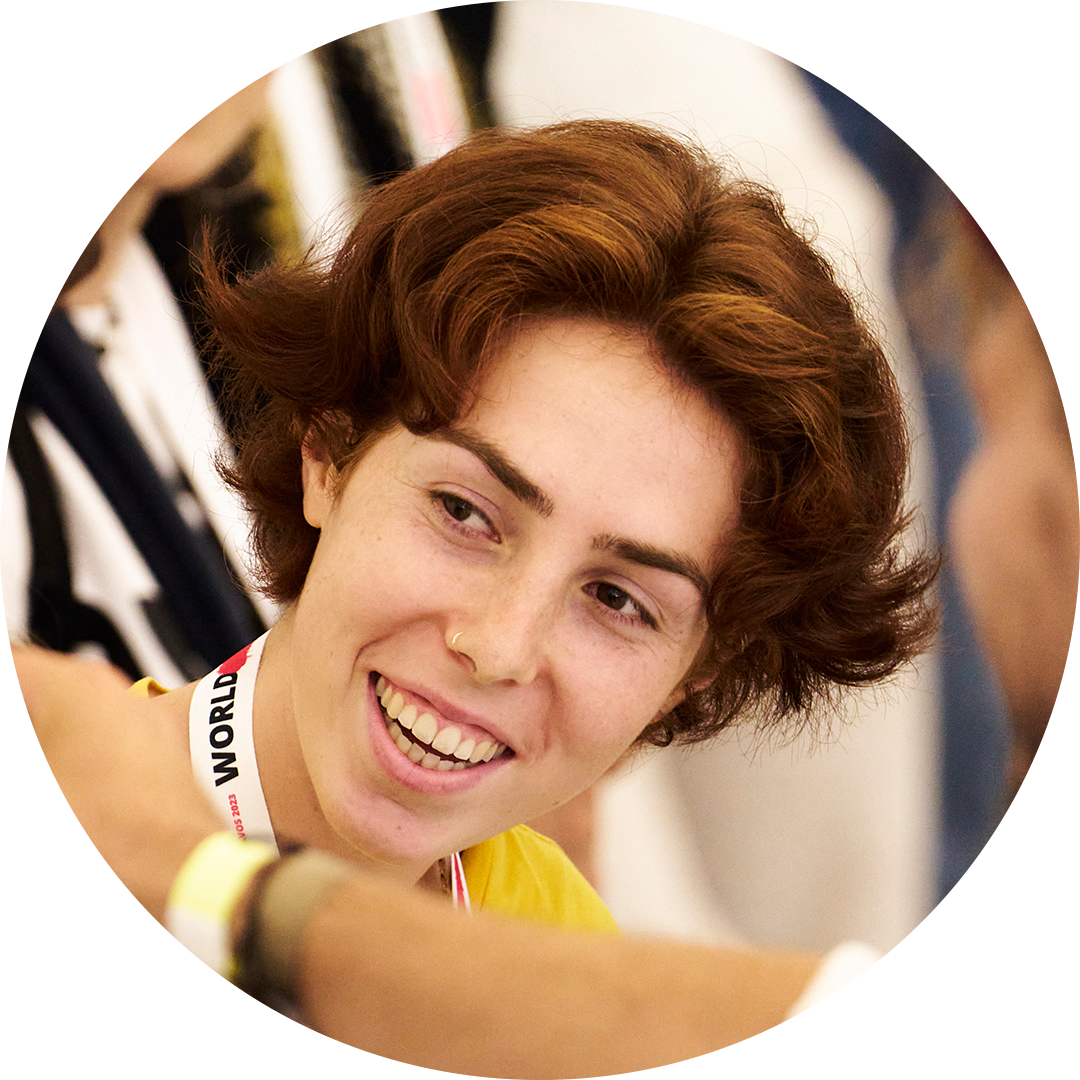
Participant

Founder of the World Child Forum
Für das WCF ist aktive Neutralität eine der konzeptionellen Säulen. Die hier präsentierten Filme zeigen Ergebnisse aus Workflows und Gruppenprozesse der beiden letzten Foren und geben keine politische Stellungnahme des WCF wieder.
Overcome @ WCF 2024
Manifesto @ WCF 2024
The way of Tea @ WCF 2024
3 Questions @ WCF 2024
Playground 4 Peace @ WCF 2024
Unbound @ WCF 2024
Combatants 4 Peace @ WCF 2024
Voices @ WCF 2023
Evaluation currently being carried out by the IFSAR Institute for Social Work and Spaces St. Gallen under the direction of Prof. Dr. Axel Pohl, lecturer and co-head of the focus area Growing up and Education.
The World Child Forum is looking for answers to the pressing social challenges of our time. On the one hand, the relationship between the generations is undergoing change, and not only in the face of urgent global crisis phenomena. The looming climate catastrophe and worldwide processes of displacement and expulsion due to armed conflicts urgently require answers. However, the older generation is less and less able to respond with the positive visions of the future that the younger generation expects of them. This has far-reaching consequences for the shaping of intergenerational relationships, not only in the field of education and training, but also for the shaping of future democratic negotiation processes on both a small and large scale.
The other challenge faced by the WCF is a consequence of the „century of the child“, in the course of which both science and society developed a completely new image of children and young people, which is based on the competent, self-developing individual who does not have to acquire certain rights of participation and involvement, or learn how to use them, but can hold and exercise them from the outset. The culmination of this development is the ratification of the UN Convention on the Rights of the Child in a large number of countries, which codifies these rights to participation and involvement. The Convention has triggered a variety of searches for ways in which children and young people can be meaningfully involved in decision-making processes. This can be achieved at many different levels – from the family to children‘s and youth facilities and schools to municipal approaches to child and youth participation in the local community. However, this is not possible at more abstract levels of political decision-making, such as at state or even intergovernmental level.
The WCF brings all these questions together in a kind of „participation and future laboratory“: how can children and young people be meaningfully involved in global debates on future coexistence – without losing touch with their immediate living environment and thus risking losing important motivators for participation? How can we also succeed methodically in staging participation and debate processes with as few barriers as possible – and not impose fixed formats such as conferences or similar on children and young people, but also involve them significantly in the design of these formats?
As a research team, we have a great interest in using the resulting laboratory situation to empirically research questions that are highly relevant in terms of participation theory and child and youth theory, and to accompany the associated „search movements“. The Institute for Social Work and Spaces therefore offers to contribute its experience from the UN‘s shadow report process in Switzerland and other international studies on child and youth participation to such a joint research process. We propose that the concept of scientific monitoring be divided into three distinct, yet interrelated methods of data collection and interpretation in order to cover the result levels of output, outcome and impact contained in the aforementioned questions.
Lara Hobi, Thomas Schmid and Axel Pohl, IFSAR
24.10.2024
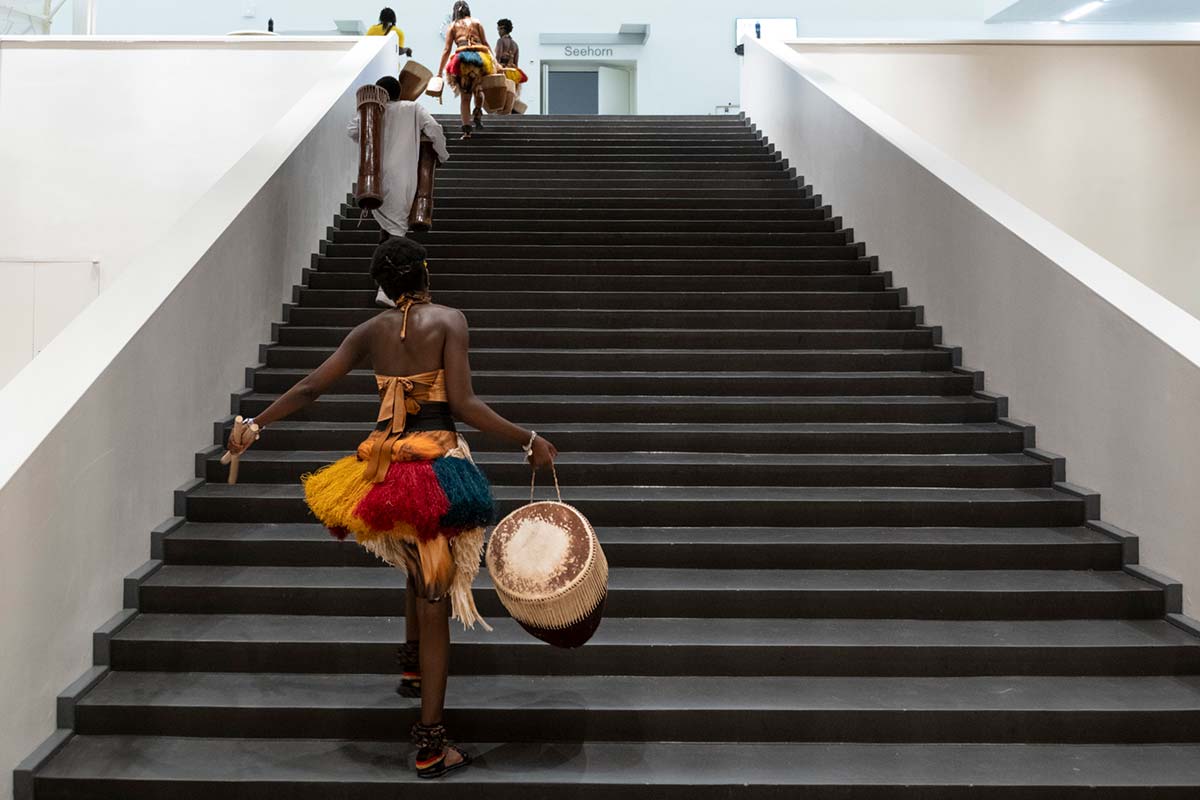
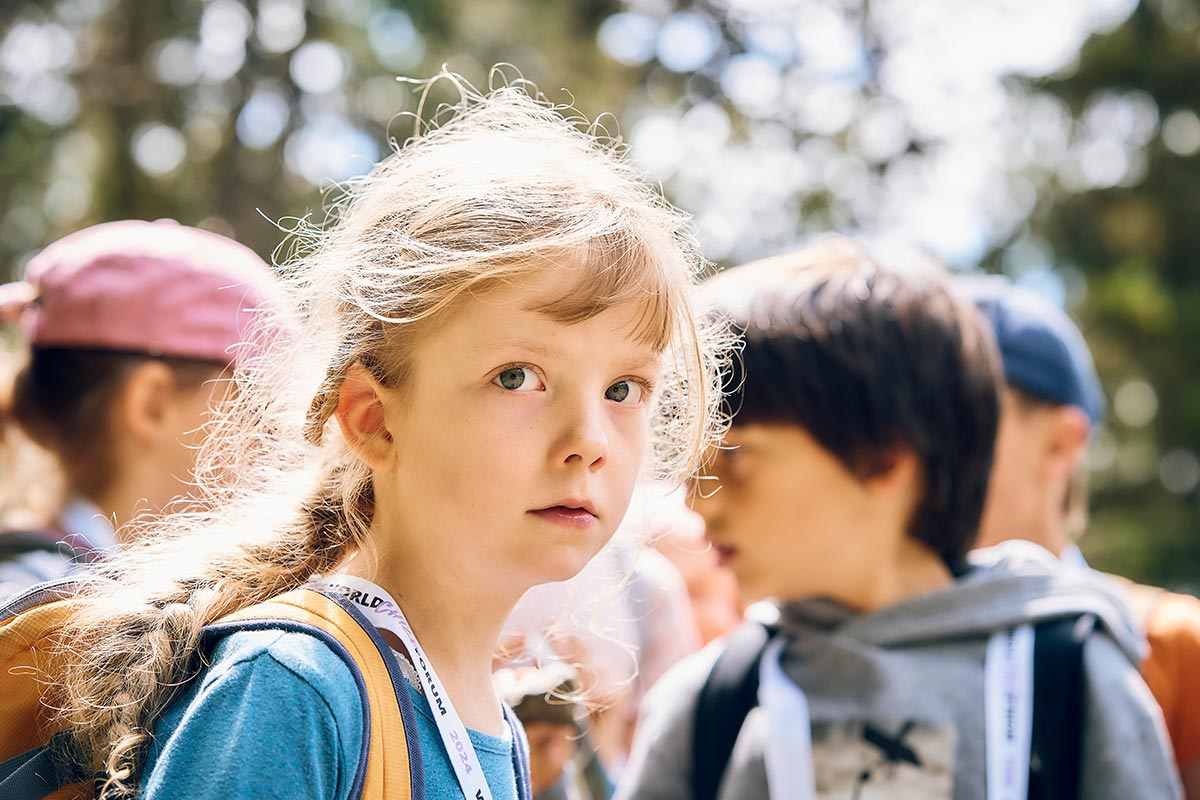
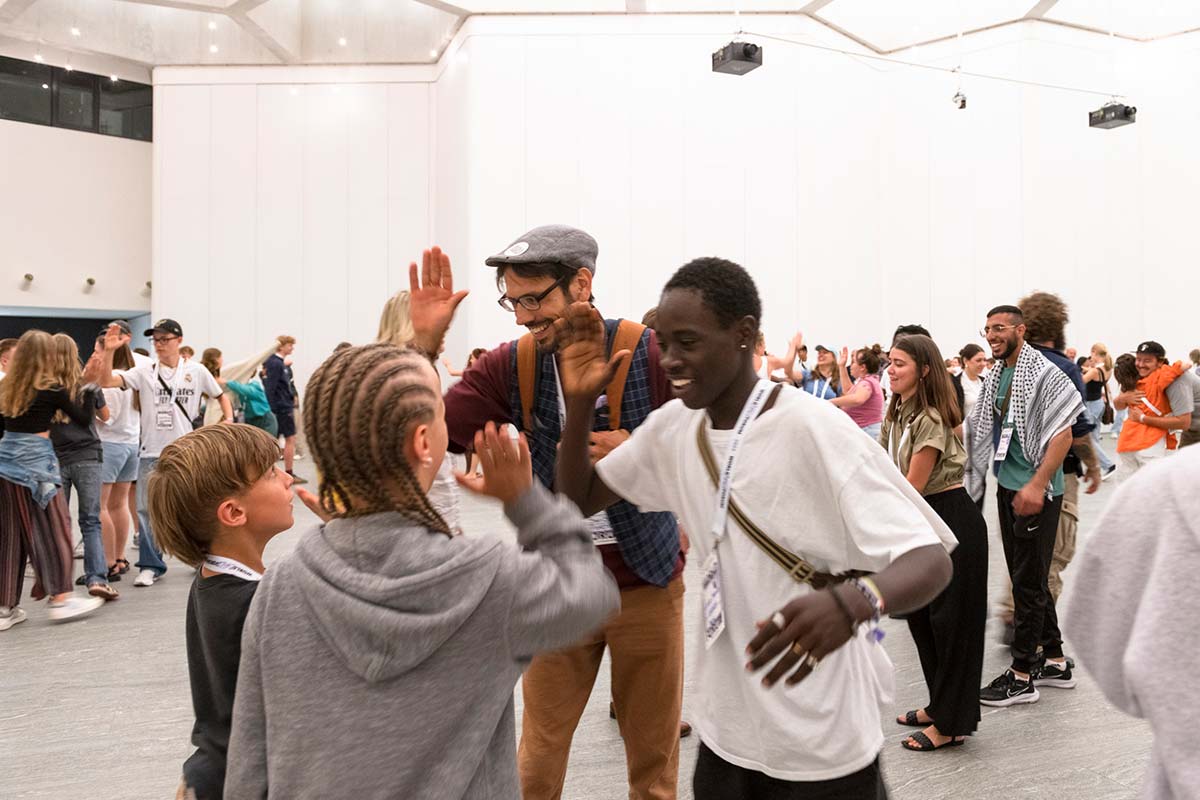
To provide you with an optimal experience, we use technologies such as cookies to store and/or access device information. If you consent to these technologies, we may process data such as browsing behavior or unique IDs on this website. If you do not give or withdraw your consent, certain features and functions may be impaired.